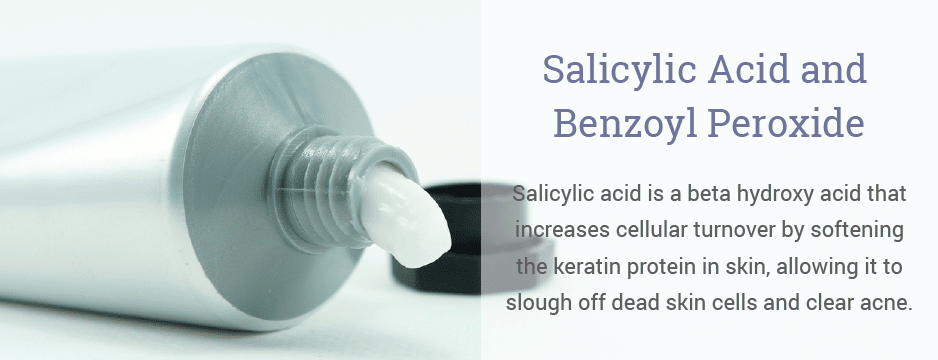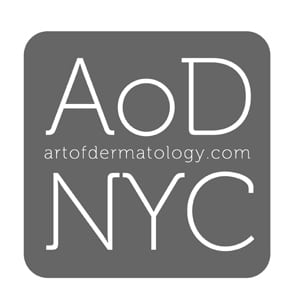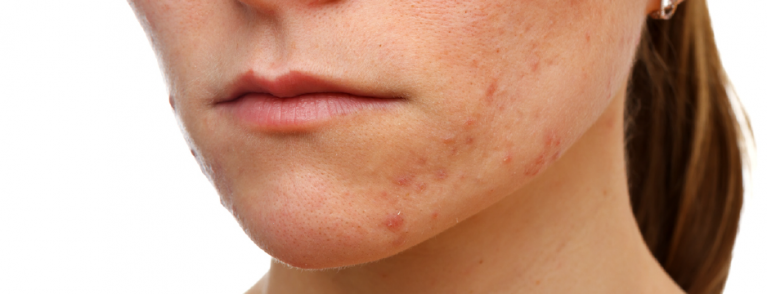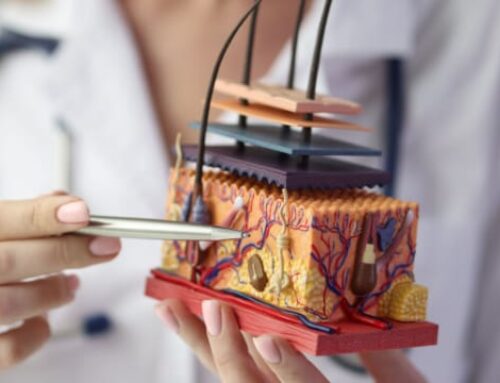Nearly 85% of all Americans have suffered from acne at some point in their lives, with some not even experiencing it until their adulthood. Because Americans spend almost $400 million dollars a year on over-the counter acne treatments, this is obviously not a problem that presents an easy solution. Here are some of the best topical treatments for acne.
Salicylic Acid and Benzoyl Peroxide

Salicylic acid is a beta hydroxy acid that increases cellular turnover by softening the keratin protein in skin, allowing it to slough off dead skin cells and clear acne. It is also lipid-soluble, making it an effective treatment for oily skin. In OTC products, salicylic acid cannot exceed 2% concentrations.
Benzoyl peroxide has bactericidal properties against P. acnes and will dry skin to decrease the amount of oil that might clog pores.
Different Forms of Vitamin A (Retinoids)
Tretinoin is a derivative of vitamin A that increases and normalizes cellular turnover to chemically exfoliate skin while forcing the cells to function better. Because it is keratolytic, it binds to the proteins in cells and causes skin to shed dead keratinocytes (surface cells) faster, which will unclog pores to reveal smoother skin. When using tretinoin, skin may appear worse in the first seven to 10 days — red, scaling, and with an increase in acne lesions — but should improve in a matter of two to three weeks. However, a skilled dermatologist will be able to guide the use of these medications to prevent this uncomfortable flare entirely. Side effects may include warmth and stinging; lightening or darkening of skin; swelling and crusting; and an increase in acne. Like all vitamin A-derived retinoid products, tretinoin degrades in sunlight, so patients should apply it only at night.
Tazarotene is the most potent of topical vitamin A treatments. It’s prescribed for patients with severe blackheads, and has the greatest potential for irritating side effects, so its use should be monitored closely by a dermatologist.
Azelaic Acid
Azelaic acid was being investigated for its treatment of hyperpigmentation when researchers noticed that it was an effective treatment for acne. Azelaic acid has been prescribed for mild to moderate acne since 1996 and is usually not associated with troubling side effects. Its mechanisms of action are still unknown, but it possesses both antibacterial and anti-keratinizing activities. Because of its ability to treat hyperpigmentation, those with darker skin tones should be cautious using this as it could have adverse bleaching effects.














Leave A Comment